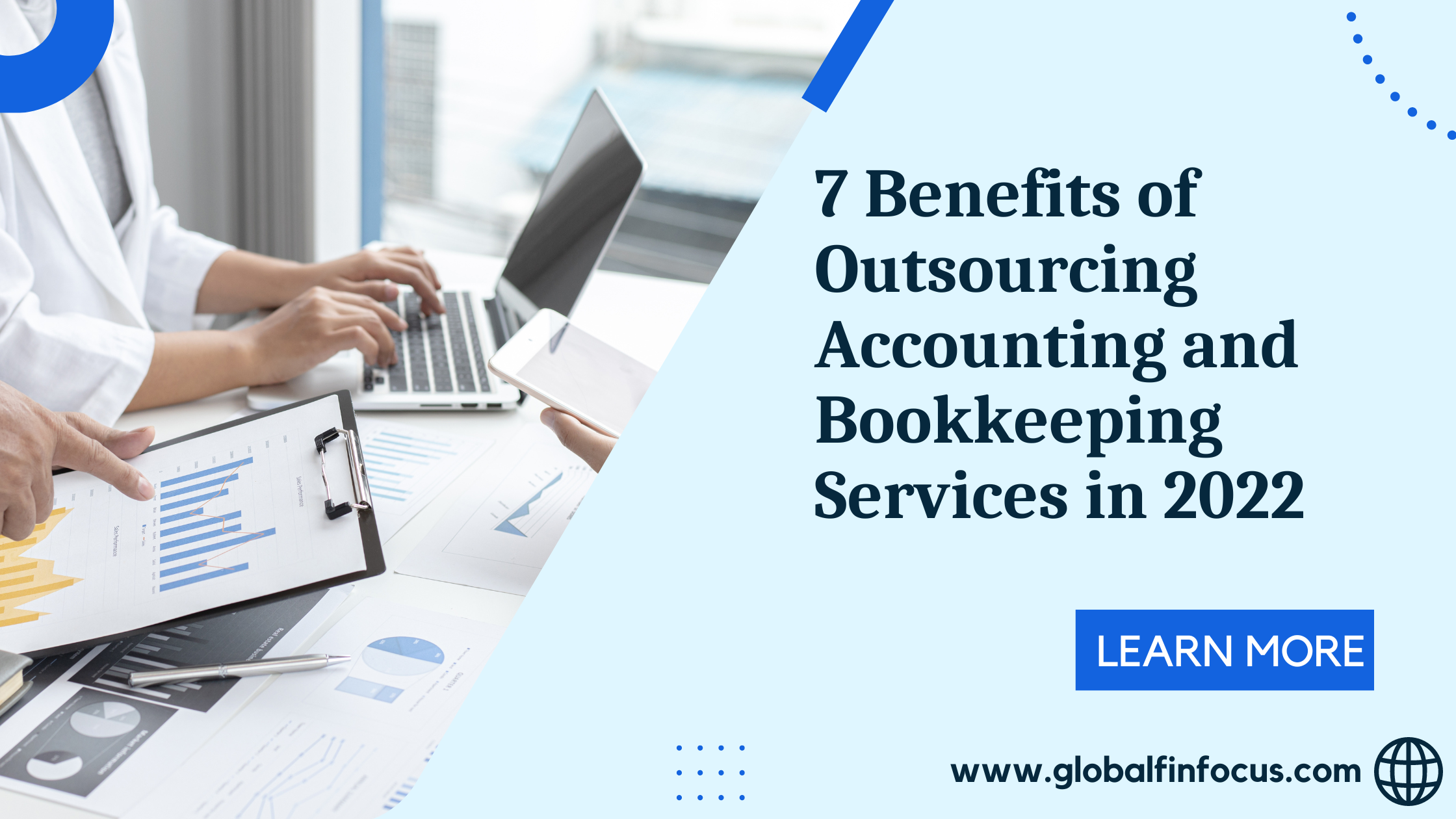The Evolution of Audit Automation: A Path to Efficiency and Precision
In the dynamic world of business, adaptation and evolution are key to success. One such evolution that has significantly impacted the finance and accounting sectors is audit automation. This technological advancement has revolutionized the way audits are conducted, offering numerous benefits to firms seeking efficiency, accuracy, and productivity.
Audit automation involves the use of technology to streamline and enhance the audit process. Traditionally, audits were performed manually, requiring extensive human effort to gather, analyze, and interpret financial data. However, with audit automation, sophisticated software and tools are employed to automate these processes, making them faster, more accurate, and less prone to errors.
The core components of audit automation include data collection, data analysis, reporting, and workflow management. Advanced algorithms and artificial intelligence are utilized to process large volumes of financial data, identify patterns, detect anomalies, and generate valuable insights.
The Benefits of Audit Automation
1. Enhanced Efficiency and Productivity
Audit automation significantly improves the efficiency of the audit process. Tasks that once required days or even weeks to complete can now be accomplished in a fraction of the time. Automated data collection and analysis ensure quicker decision-making and allow auditors to focus on higher-value activities, such as strategic planning and advising clients.
2. Greater Accuracy and Precision
Manual audits are susceptible to errors due to the sheer volume of data that needs to be analyzed and interpreted. Audit automation reduces the risk of human error by applying consistent algorithms and methodologies. Additionally, automated tools can identify anomalies and discrepancies more accurately, ensuring a more precise audit.
3. Real-time Monitoring and Alerts
Automation enables real-time monitoring of financial data, providing a proactive approach to auditing. Auditors can set up alerts to notify them of unusual activities or patterns, allowing for immediate investigation and timely resolution of potential issues. This real-time insight empowers firms to maintain better control over their financial processes and compliance.
4. Comprehensive Data Analysis
With automation, auditors can analyze a much larger volume of data comprehensively. Advanced analytics tools can detect intricate patterns and trends that might go unnoticed during manual analysis. This depth of analysis leads to a better understanding of financial health and potential risks for the audited entities.
5. Enhanced Compliance and Risk Management
Adhering to regulatory requirements is fundamental in the world of finance. Audit automation ensures compliance with regulatory standards by providing a systematic and standardized approach to audits. By reducing the risk of non-compliance, firms can avoid penalties and maintain a positive reputation in the market.
6. Cost Savings
Though the initial investment in audit automation technology may seem substantial, the long-term cost savings outweigh the upfront expenses. Automation reduces the need for extensive manual labor, resulting in lower operational costs, increased efficiency, and improved profitability for audit firms.
Implementing Audit Automation Effectively
To reap the full benefits of audit automation, firms need to implement it effectively. This involves:
1. Investing in Appropriate Technology
Selecting the right audit automation tools that align with the firm's specific needs and processes is crucial. This may include software for data analytics, workflow automation, and reporting.
2. Training and Upskilling
Providing adequate training to auditors and staff on how to effectively use the automation tools is essential. Upskilling ensures that the team can leverage the technology to its full potential, optimizing the audit process.
3. Integration with Existing Systems
Seamless integration of the automation tools with existing software systems is necessary to ensure a smooth transition and effective collaboration across the organization.
4. Continuous Monitoring and Improvement
Regular evaluation of the automation process is important to identify areas for improvement. Feedback from auditors and clients should be considered to enhance the automation strategy continually.
The Future of Audit Automation
The evolution of audit automation is an ongoing journey. As technology continues to advance, audit automation is expected to become even more sophisticated and specialized. Artificial intelligence, machine learning, and blockchain technology are likely to play significant roles in the future of audit automation.
In conclusion, audit automation is a powerful tool that modern audit firms can utilize to enhance efficiency, accuracy, and productivity in their operations. By embracing this technological advancement, firms can position themselves for future success in an increasingly competitive business landscape.











.jpg)

















.jpg)












